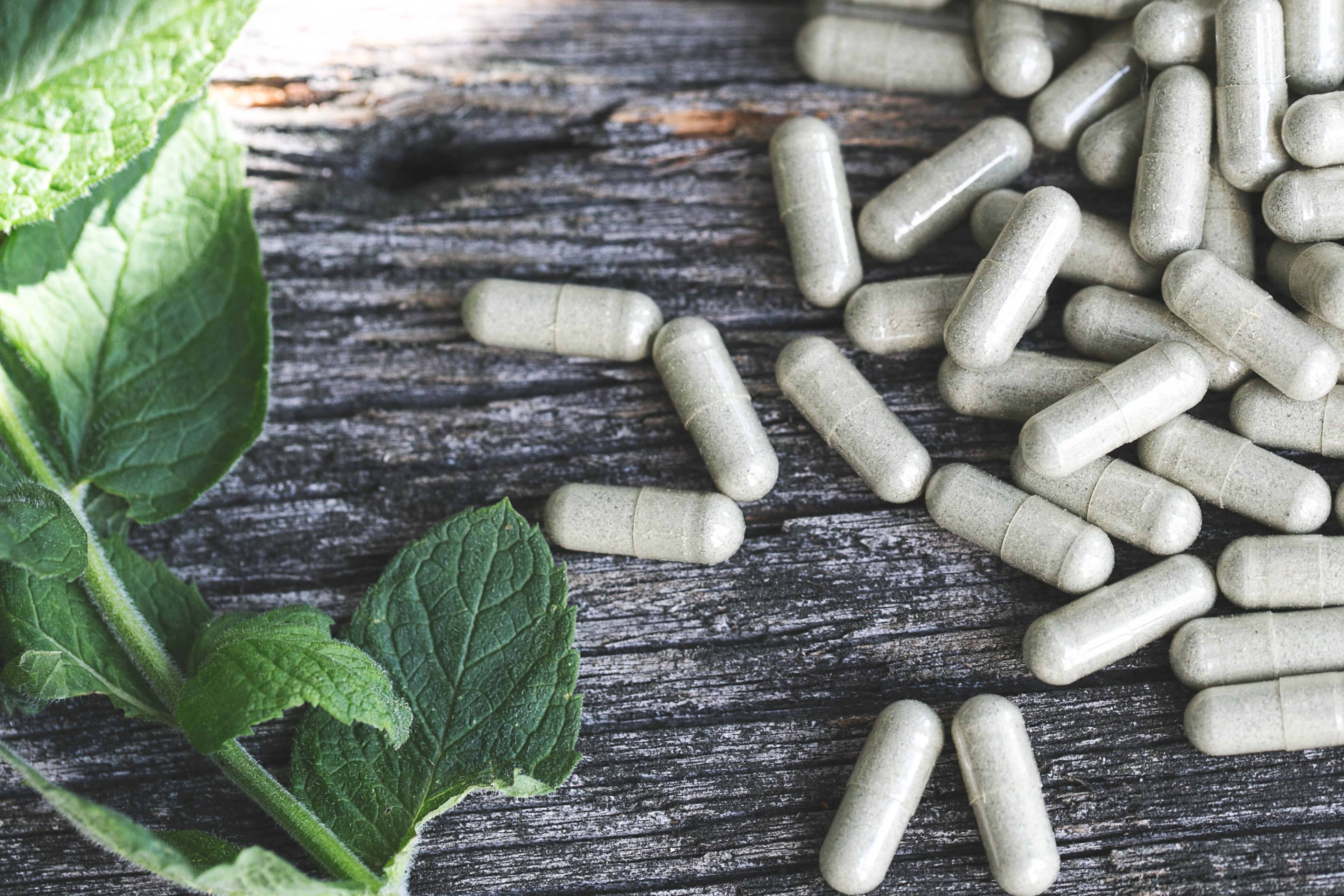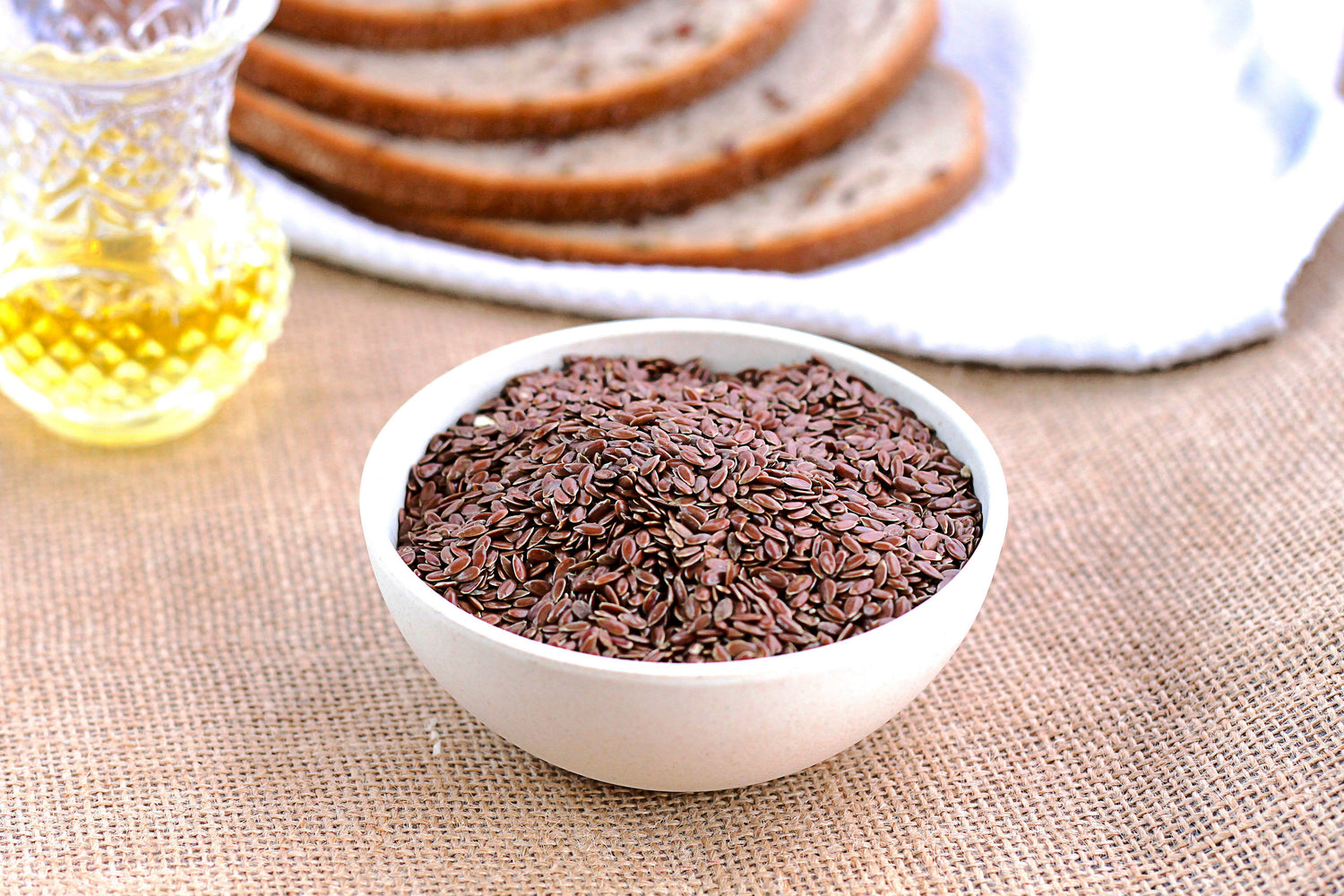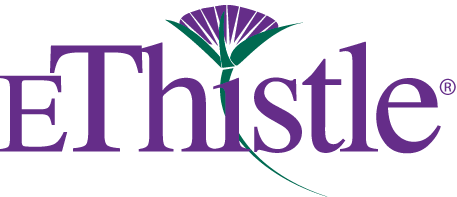Research
Milk Thistle & NAFLD
In the May 2012 Issue of Gastroenterology & Endoscopy News, the positive effects of silymarin (milk thistle) is discussed in four different trials. The first study examines a placebo-controlled trial of silymarin in patients with nonalcoholic fatty liver disease. In a similar study, researchers look at the efficacy of silymarin in decreasing transaminase activities in non-alcoholic fatty disease in a randomized controlled clinical trial. Both of these studies were the first to utilize milk thistle as a solo agent in randomized controlled trials of patients with fatty liver diseases. The studies demonstrated statistically significant improvements in liver function tests in non-alcoholic fatty liver disease (NAFLD) patients treated with milk thistle.
A pilot study was conducted to observe the effects of silybin-vitamin E-phospholipid complex on NAFLD. Improvements in liver enzymes, sonic evidence of steatosis and indices of liver fibrosis were yielded. In a follow-up randomized controlled trial, researchers examined silybin combined with phosphatidylcholine and vitamin E in patients with nonalcoholic fatty liver disease. The active treatment with the combination agent caused significant improvements in liver enzymes, insulin resistance and importantly liver histology.
Each study discussed supports the use of silymarin in patients with NAFLD.
Milk Thistle Benefits
In the May 2012 Issue of Gastroenterology & Endoscopy News, the positive effects of silymarin (milk thistle) is discussed in four different trials. The first study examines a placebo-controlled trial of silymarin in patients with nonalcoholic fatty liver disease. In a similar study, researchers look at the efficacy of silymarin in decreasing transaminase activities in non-alcoholic fatty disease in a randomized controlled clinical trial. Both of these studies were the first to utilize milk thistle as a solo agent in randomized controlled trials of patients with fatty liver diseases. The studies demonstrated statistically significant improvements in liver function tests in non-alcoholic fatty liver disease (NAFLD) patients treated with milk thistle.
A pilot study was conducted to observe the effects of silybin-vitamin E-phospholipid complex on NAFLD. Improvements in liver enzymes, sonic evidence of steatosis and indices of liver fibrosis were yielded. In a follow-up randomized controlled trial, researchers examined silybin combined with phosphatidylcholine and vitamin E in patients with nonalcoholic fatty liver disease. The active treatment with the combination agent caused significant improvements in liver enzymes, insulin resistance and importantly liver histology.
Each study discussed supports the use of silymarin in patients with NAFLD.

Milk Thistle & Vitamin E
Published in Toxicology, the study "Silymarin and vitamin E reduce amiodarone-induced lysosomal phospholipidosis in rats" researched two structurally different antioxidants, milk thistle and vitamin E, and their effect on drug induced injury to liver cells. Milk thistle was found to protect against drug induced injury to liver cells by helping the liver clear drugs faster, while vitamin E had a similar effect by its antioxidant action alone. Thus this study concluded that both vitamin E and milk thistle may play an important role in protecting against drug induced injury to liver cells.1

Fatty Liver & Vitamin E
A study published in the Journal of Pediatric Gastroenterology & Nutrition, evaluated 28 children with obesity-related fatty livers. These participants were split into two groups. Group one was treated with a low-calorie diet and oral placebo for 5 months. Group 2 was treated with a low-calorie diet and oral vitamin E. Fatty liver and obesity were monitored in both groups. The loss of fat in the liver was only found in patients who lost weight, however, this optimistic liver change was twice as common in the group given oral vitamin E (group 2) than the placebo (group 1).
Milk Thistle & Liver Cancer
A recent study published in World Journal of Gastroenterology in October 2007 researched the link between milk thistle liver cancer. Researchers from the University of California, Irvine Medical Center (Division of Gastroenterology) treated human liver cancer cells with different doses of silibinin, a flavanone compound found in milk thistle.
The team reported that doses above 180 micromoles per leader showed at least 50% of the cell growth was inhibited. Researchers found that silibinin significantly reduced the cell growth of human hepatoma (liver cancer) cells.
Milk thistle will be a hot topic of further research studies to determine its potential in stopping the growth and spread of liver cancer. 3
1. Agoston M, Orsi F, Feher E, Hagymasi K, Orosz Z, Blazovics A., Feher J., Vereckel A. "Silymarin and vitamin E reduce amiodarone-induced lysosomal phospholipidosis in rats." Toxicology. Volume 190(3): 231-41, August 28, 2003.
2. Vajro P, Mandato C, Franzese A, Ciccimarra E, Lucariello S, Savoia M, Capuano G, Migliaro F. "Vitamin E treatment in pediatric obesity-related liver disease: a randomized study." Journal of Pediatric Gastroenterology & Nutrition. Volume 38(1): 48-55, January 2004.
3. John J Lah, Wei Cui, Ke-Qin Hu. "Effects and mechanisms of silibinin on human hepatoma cell lines." World J Gastroenterol. 2007 October 28; 13(40): 5299-5305.
